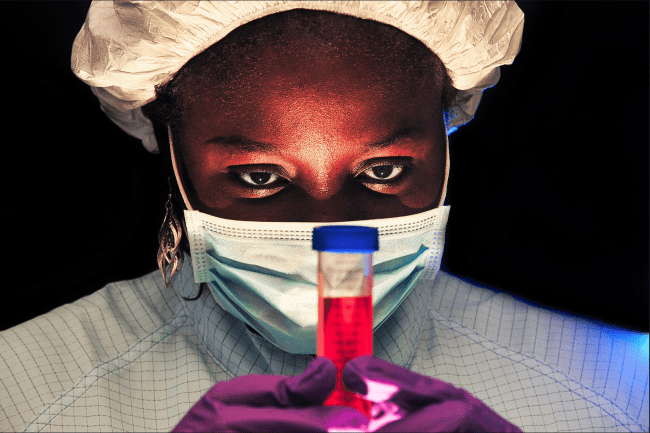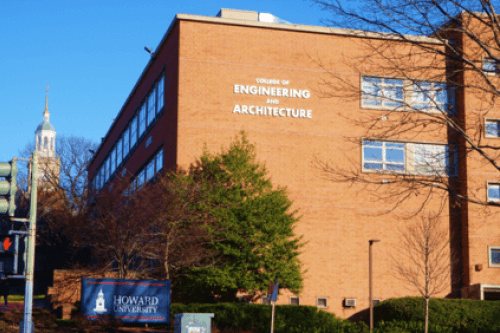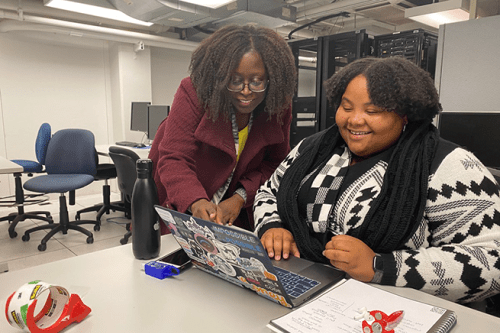WASHINGTON – The American Cancer Society (ACS) has awarded Howard University a four-year $4.08 million grant to establish a Cancer Health Equity Research Center (CHERC), one of multiple such centers that ACS is creating with other educational institutions and amounts to an investment of $16 million nationally.
ACS officials said addressing the root causes of cancer health disparities in the context of the social determinants of health is essential to accelerating progress in health equity research.
"It is our expectation that the Cancer Health Equity Research Centers at Howard University will prove to be pivotal in altering the field of cancer research and improving cancer care outcomes for Black Americans,” said Howard University Provost Anthony K. Wutoh, Ph.D. “We are deeply appreciative of the American Cancer Society’s efforts behind this initiative.”
ACS added that progress will require tackling obstacles to health caused by poverty, discrimination, and their consequences, including powerlessness and lack of access to good jobs with fair pay, quality education and housing, safe environments, and health care.
The CHERC at Howard University will support research on ways to reduce the risks of getting cancer and improving quality of life during and after cancer treatment, said Carla Williams, Ph.D., interim director of the Howard University Cancer Center.
ACS said the CHERC institutions selected in the initial cohort of institutions will implement solution-based research addressing cancer health disparities that will contribute to achieving health equity and reducing cancer mortality. In September, the ACS announced that Howard University and three other HBCU schools would participate in a Diversity in Cancer Research Program to help improve diversity, equity and inclusion in the cancer research field.
"The American Cancer Society believes that everyone should have a fair and just opportunity to prevent, find, treat and survive cancer,” said Dr. Karen Knudsen, chief executive officer of the American Cancer Society. "This funding is an important step to achieving health equity, which is essential to achieving our mission and it's a moral imperative."





